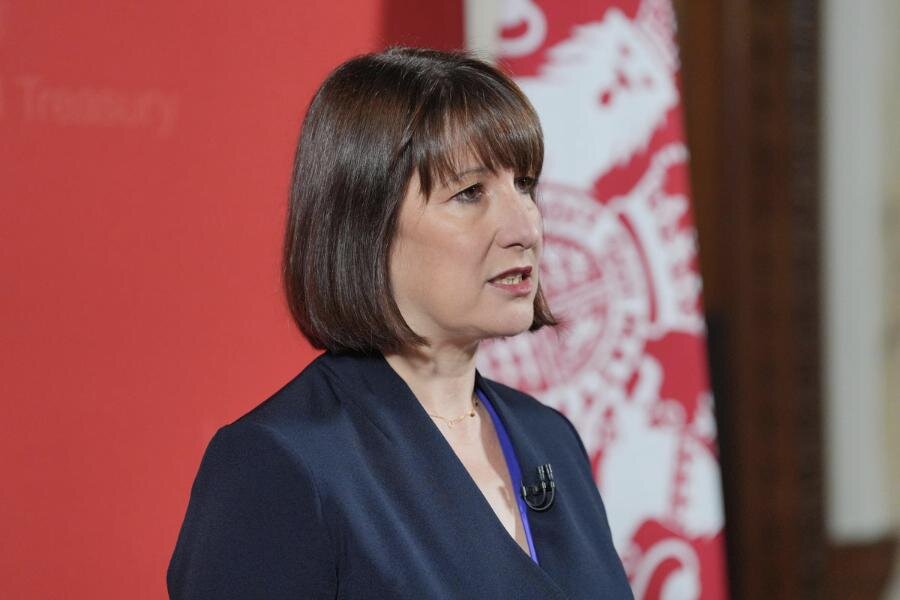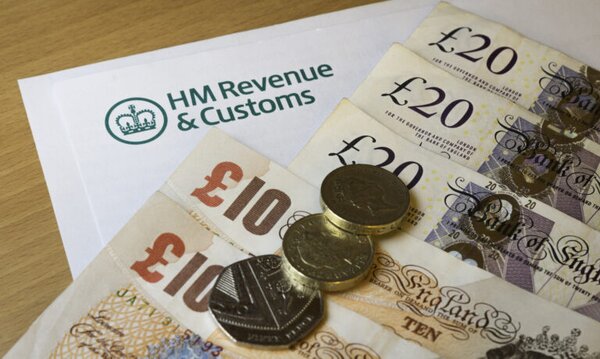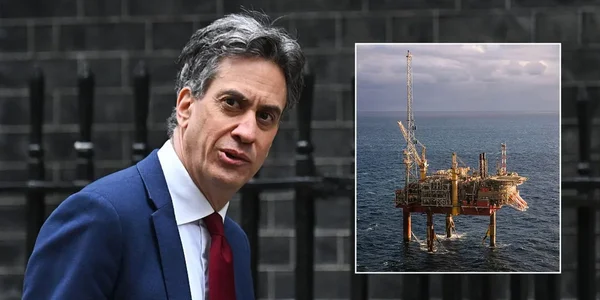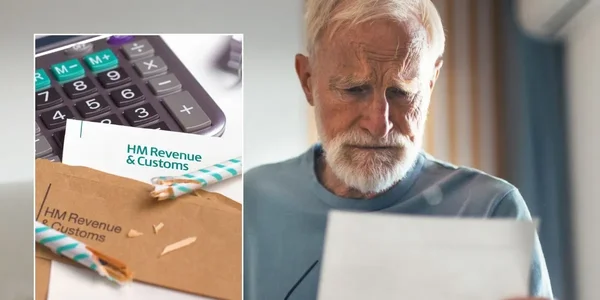Reeves Signals ‘Hard Choices’ Ahead of November Budget
Chancellor Rachel Reeves has warned that “everyone must contribute” to fixing Britain’s public finances the clearest sign yet that Labour will raise income tax in the November 26 Budget. Her statement marks a major shift from the party’s earlier stance that only the wealthy with the “broadest shoulders” would bear the burden of tax rises.
Setting out her fiscal priorities protecting the NHS, reducing debt, and curbing inflation Reeves said she would not always “do what is popular, but what is right.” The Chancellor’s language has fuelled speculation that she is preparing to abandon Labour’s flagship pledge not to raise income tax, National Insurance, or VAT.
Top Third of Earners in the Firing Line
Reports suggest that the Treasury’s internal definition of a “working person” applies only to those earning up to £45,000–£46,000 a year. That means millions of public and private sector employees including IT professionals, teachers, vets, and NHS staff could face higher taxes.
According to official data, roughly 30% of UK workers earn above this threshold, with men disproportionately affected. Around 40% of male employees and 20% of women would be classified as outside Labour’s “working people” definition, exposing them to possible tax hikes.
Public Sector Workers Among Those Hit
The irony is striking: many public sector workers benefiting from recent inflation-busting pay rises could now find themselves worse off. Senior paramedics, school leaders, and clinical psychologists all earn more than £45,000, as do many mid-level civil servants and local government managers.
Unions warn that such measures would effectively “give with one hand and take with the other.” Even in professions like nursing and education long seen as pillars of Labour’s base large portions of staff could be caught by fiscal drag and a higher income tax rate.
Middle-Class Labour Voters Feel Betrayed
Labour’s growing reliance on middle-class support could make this move politically perilous. In the 2024 general election, households earning over £50,000 were among the strongest Labour backers, replacing the traditional working-class voter base that shifted toward Reform UK and the Conservatives.
Analysts say Reeves’s tax plans risk alienating Labour’s new core voters the very people who propelled the party into government. The Chancellor’s call for “shared responsibility” could quickly be reframed as a betrayal of Britain’s professional middle earners.
Economic Stakes: Britain’s Reliance on High Earners
The UK’s tax system is heavily dependent on higher earners. HMRC data shows that just 1.2 million top-rate taxpayers around 3% of all income tax payers contribute 40% of total income tax revenue, or £129 billion. Meanwhile, 30 million basic-rate taxpayers account for a smaller share of the total tax take.
Economists warn that squeezing this group further risks damaging growth. “If you tax more of something, you get less of it,” said Chris Sanger, head of tax policy at EY. He cautioned that wealthy professionals and mobile workers might relocate or work remotely abroad, depriving the Treasury of long-term revenue.
Reeves Rejects ‘Fantasy Economics’ as Critics Sound Alarm
Reeves has dismissed suggestions from Nigel Farage’s Reform Party and others that deep spending cuts could balance the books, calling such plans “fantasy economics.” Instead, her Budget will likely rely on tax hikes of up to £30 billion aimed primarily at mid- to high-income earners.
Supporters argue this approach demonstrates fiscal realism, but critics say it risks choking economic recovery and undermining trust. With Britain’s economy stagnating and productivity forecasts downgraded, the Chancellor faces a delicate balancing act between credibility and credibility collapse.
High Risks for Starmer’s Government
The political fallout could be severe. Breaching the manifesto promise on tax would hand the Conservatives and Reform UK powerful ammunition and may deepen divisions within Labour’s own ranks. Party insiders fear that the Budget could trigger unrest among MPs who represent affluent suburban seats.
For Reeves and Sir Keir Starmer, the November 26 Budget is shaping up as a defining moment. Whether framed as fiscal necessity or political betrayal, their next move will determine whether Labour retains the confidence of the “working people” it promised to protect.











